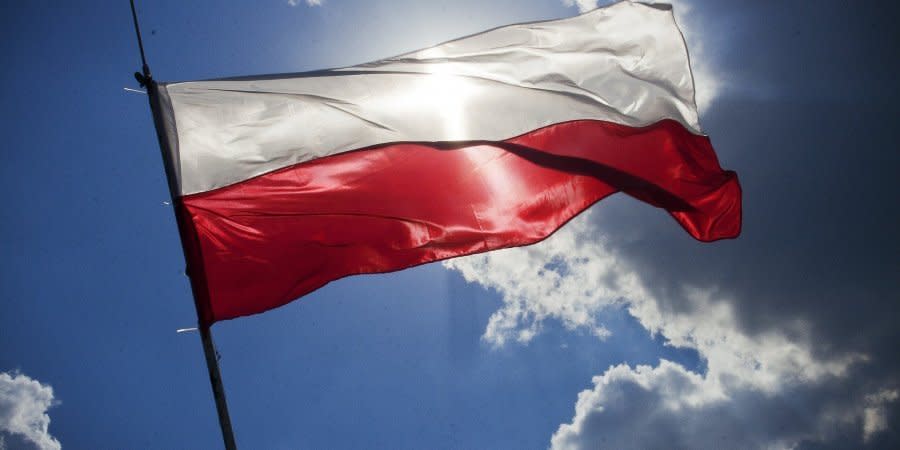Poland calls for seventh sanctions package against Russia

"From our point of view, a seventh sanctions package must be imposed as soon as possible," Lukasz Jasina, the Polish Foreign Ministry spokesman, told German newspaper Welt am Sonntag.
"We have to keep up the pressure."
At the same time, Deputy Foreign Minister Marcin Przydacz told the same newspaper that the sixth package of sanctions had hit Russia hard but "we have not yet been able to sufficiently weaken Putin and his military machine."
"We need further and tougher sanctions," he said.
Read also: Lithuania stops transit of sanctioned goods between Russia and Kaliningrad
Last week, during a joint press conference with European Commission PresidentUrsula von der Leyen, Ukrainian President Volodymyr Zelensky called on the EU to impose a seventh round of sanctions on Russia.
The Polish Foreign Ministry announced on June 4 that the European Union had begun work on the seventh sanctions package against Russia. The new restrictions may also affect gas supplies from Russia.
At the same time, Austrian Chancellor Karl Nehammer said that the European Union does not plan to impose a ban on Russian gas.
After Russia launched a full-scale war against Ukraine on Feb. 24, the European Union, the United States and its allies imposed several sanctions packages against Russia, Russian officials and business.
Read also: Sberbank plays down SWIFT cut in EU’s latest sanctions package
In particular, the EU announced on June 3 the sixth package of sanctions against Russia, which includes a partial ban on Russian oil imports from the end of 2022. The EU has banned imports of oil supplied by tankers, but the pipeline supply has not been affected by sanctions.
The Bloomberg news agency reported that Russian President Vladimir Putin stands to lose about $10 billion a year in oil exports revenues if the EU bans shipments.
Read also: EU oil embargo makes an exception for Bulgaria, and others
The new sanctions package also includes the suspension of broadcasting activities in the EU of three Russian state-owned outlets: Rossiya RTR/RTR Planeta, Rossiya 24/Russia 24 and TV Centre International, several export restrictions and the removal of three Russian banks, including the largest one, Sberbank, from the SWIFT international payment system.
According to the Castellum global sanctions tracking database, almost 8,000 restrictions have been imposed on Russia from late February to June 2022, and 10,500 in total since 2014.

